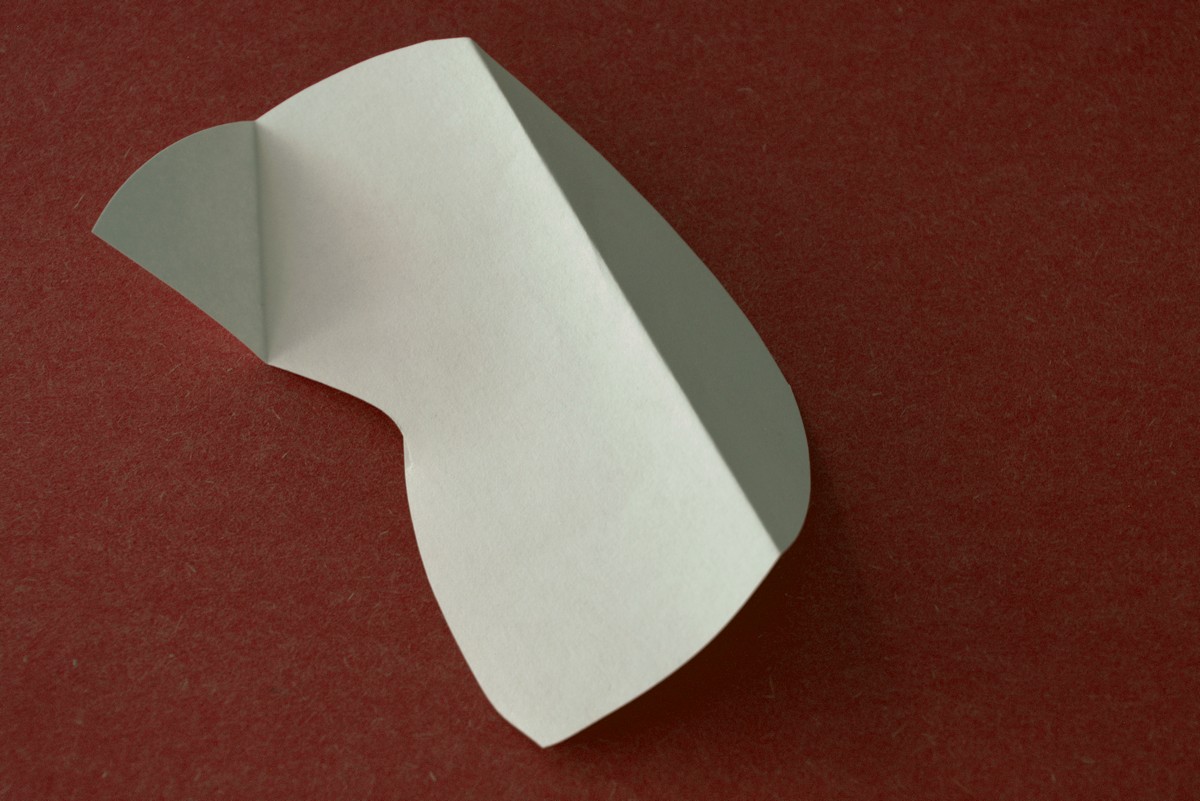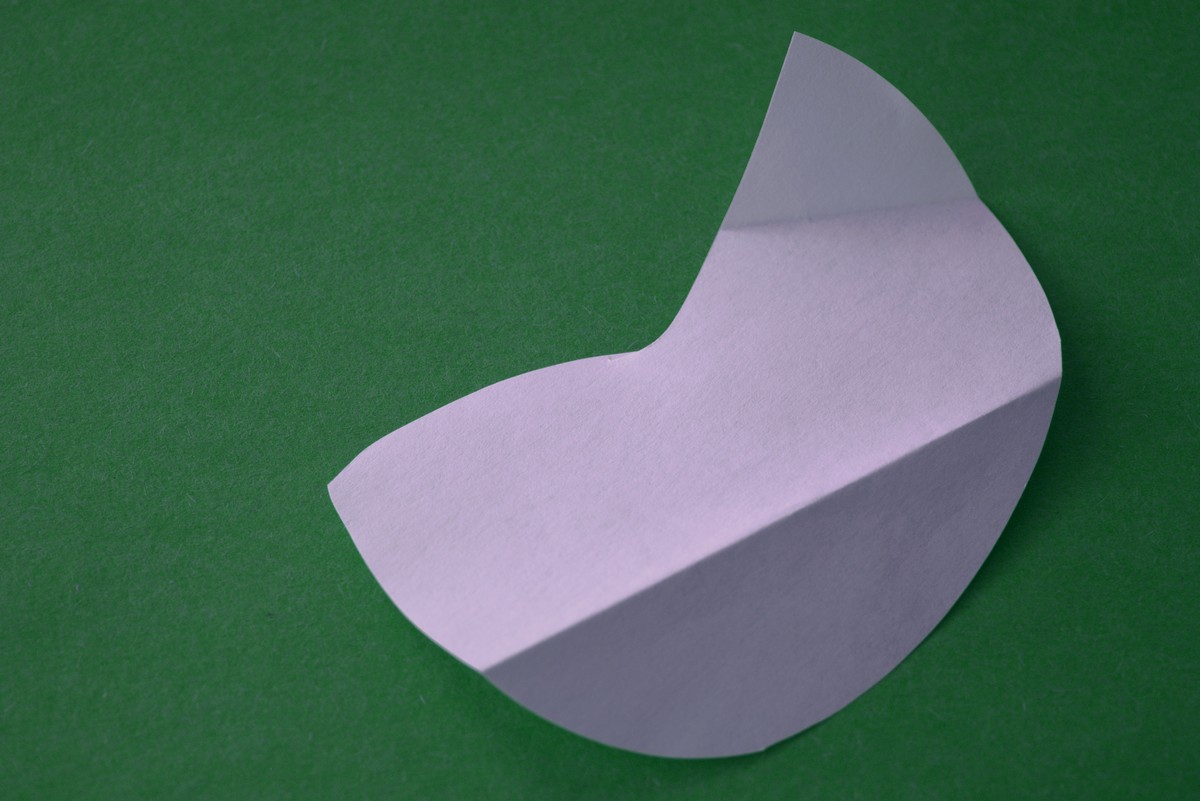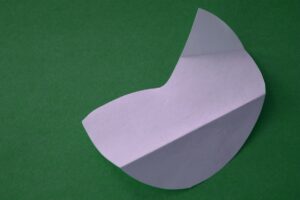
The Hidden Truths Behind Childhood: A Poem That Parents Aren’t Meant to Read
Ever wonder how a simple journey from youth to adulthood can mirror the gritty realities…
Unlock Hidden Remote Writing Gigs for 07/05/2025 You Didn’t Know Existed!
Ever wonder if you’ve got what it takes to crank out a gripping story in…
Unveiling the Hidden Secrets: A Scene-by-Scene Dissection of “Parasite” That Will Change How You See the Film Forever
Ever wonder what it really takes to dissect a screenplay down to its bare bones?…
The Surprising Truth I Discovered Too Late About Publishing My First Book
Ever wonder why everything in the publishing world seems to move slower than molasses on…
Unveiling the Enigma: Shelley Nutting’s “Shadow Play” Reveals Secrets in the Dark
Ever caught yourself wondering how an ordinary moment—like a chilly autumn evening on a hillside—can…
Unlock the Secret Advantage: Why Custom Writing Mockups Crush Traditional Samples Every Time
Ever find yourself stuck in the endless loop of sending generic writing samples that vanish…
Unlock the Secret Editing Weapon You’re Overlooking: How a Simple Calendar Can Transform Your Workflow
Ever felt like your editing tools are either too brutal or just plain useless? What…
When the Healing Stops: Facing a World Without Doctors or Medicine
Ever wondered what happens when society hits a brick wall and suddenly, there’s no doctor…
Unveiling the Silent Gaze: The Haunting Mystery Within G. S. Katz’s “Watching You”
Isn’t there something utterly mesmerizing about those quiet morning moments when someone you adore stirs…
Unveiling the Dark Secrets Behind Malice in Wonderland: What Alvin Wander Didn’t Tell You
Ever wonder what it feels like to be wrapped inside a web of secrets, conspiracies,…

































